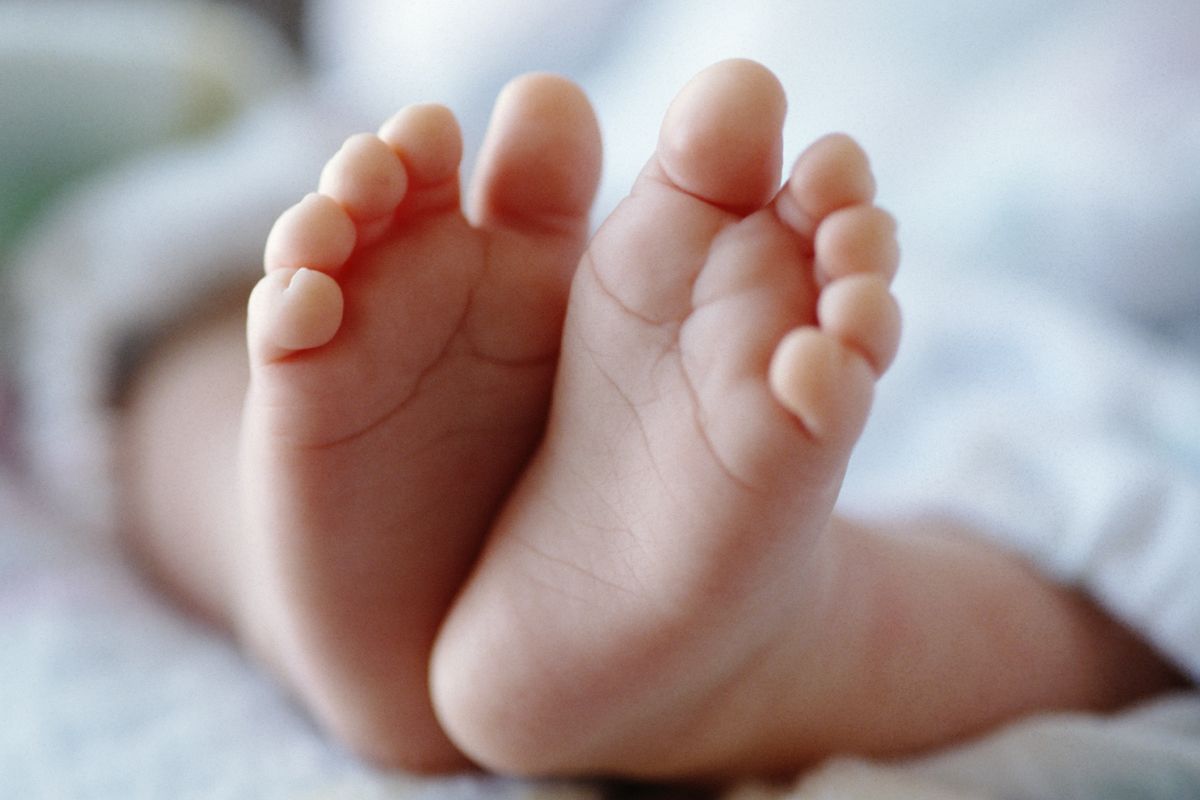Woman with ‘secret uterus’ has twins one month after giving birth
Mother from rural Bangladesh had no idea she had two uteruses or that she was still pregnant

A free daily email with the biggest news stories of the day – and the best features from TheWeek.com
You are now subscribed
Your newsletter sign-up was successful
A woman in Bangladesh has astonished doctors by giving birth to twins just one month after delivering her first child.
Last month, 20-year-old Arifa Sultana gave birth to a premature baby boy at a rural hospital.
Twenty-six days later, she began experiencing stomach pains and visited a second hospital for an ultrasound scan.
The Week
Escape your echo chamber. Get the facts behind the news, plus analysis from multiple perspectives.

Sign up for The Week's Free Newsletters
From our morning news briefing to a weekly Good News Newsletter, get the best of The Week delivered directly to your inbox.
From our morning news briefing to a weekly Good News Newsletter, get the best of The Week delivered directly to your inbox.
There, doctors realised that Sultana not only had a second uterus, but had also unknowingly been carrying twins in it.
The twins, a boy and girl, were born via an emergency caesarean section without complications just 26 days after Sultana gave birth to her son.
Dr Sheila Poddar, the gynaecologist who performed the caesarean, told the BBC that as Sultana and her husband were very poor and lived in a rural village, she had never had an ultrasound before her first birth - which is how she was unaware of her second uterus or the babies inside it.
“The babies and her are all healthy. I am very, very happy that everything went well,” Poddar said.
A free daily email with the biggest news stories of the day – and the best features from TheWeek.com
The condition is known as uterus didelphys, and those affected may experience no symptoms, although common conditions associated with didelphys include stomach pain and abnormal activity of the kidneys and bladder. There is also a higher risk of late miscarriage and premature delivery, and doctors often recommend caesareans to avoid risks during childbirth associated with the condition.
Didelphys is not uncommon – in fact, it affects one in 3,000 women. However, the odds of carrying a baby in both wombs simultaneously are one in five million.
“[It's likely that] three eggs were fertilised at the same time during her fertile period which resulted in three embryos,” said Singapore-based gynaecologist Dr Christopher Ng.
“I don't know how we will manage such a huge responsibility with this little amount,” Sultana, whose husband earns less than £53 a month as a labourer, told the AFP news agency.
However, she added that she is happy with her three children and that all of them are healthy.
-
 How the FCC’s ‘equal time’ rule works
How the FCC’s ‘equal time’ rule worksIn the Spotlight The law is at the heart of the Colbert-CBS conflict
-
 What is the endgame in the DHS shutdown?
What is the endgame in the DHS shutdown?Today’s Big Question Democrats want to rein in ICE’s immigration crackdown
-
 ‘Poor time management isn’t just an inconvenience’
‘Poor time management isn’t just an inconvenience’Instant Opinion Opinion, comment and editorials of the day
-
 Key Bangladesh election returns old guard to power
Key Bangladesh election returns old guard to powerSpeed Read The Bangladesh Nationalist Party claimed a decisive victory
-
 Epstein files topple law CEO, roil UK government
Epstein files topple law CEO, roil UK governmentSpeed Read Peter Mandelson, Britain’s former ambassador to the US, is caught up in the scandal
-
 Iran and US prepare to meet after skirmishes
Iran and US prepare to meet after skirmishesSpeed Read The incident comes amid heightened tensions in the Middle East
-
 Israel retrieves final hostage’s body from Gaza
Israel retrieves final hostage’s body from GazaSpeed Read The 24-year-old police officer was killed during the initial Hamas attack
-
 China’s Xi targets top general in growing purge
China’s Xi targets top general in growing purgeSpeed Read Zhang Youxia is being investigated over ‘grave violations’ of the law
-
 Panama and Canada are negotiating over a crucial copper mine
Panama and Canada are negotiating over a crucial copper mineIn the Spotlight Panama is set to make a final decision on the mine this summer
-
 Why Greenland’s natural resources are nearly impossible to mine
Why Greenland’s natural resources are nearly impossible to mineThe Explainer The country’s natural landscape makes the task extremely difficult
-
 Iran cuts internet as protests escalate
Iran cuts internet as protests escalateSpeed Reada Government buildings across the country have been set on fire